While there is a clear enthusiasm from a large proportion of the public for more environmentally friendly travel alternatives, sometimes only a car will do. The future of the four-wheeled phenomenon, which has been subject of much love and even obsession from the Irish public since the first car arrived in the country in 1895, is heading one way, and that’s electric. But not everyone is onboard with this energy development.
We’re all aware of the positives of electric vehicles (EVs), and looking at the grey fumes pluming out of the tailpipe of an old car, or hearing about the thousands of tragic deaths every year now associated with air pollution, it’s not hard to feel enthused about any ‘clean’ alternative. But even with EV sales rising sharply and an official date for the end of traditional vehicle manufacture less than ten years away, after surveying recent customers about their views, it seems there are a number of concerns that plague the popularity and progress of electric vehicles.
At CarTakeBack, our concern is recycling any vehicle that’s come to the end of its life, in a responsible way; ensuring that the environment is protected in that process. Doing that job well, which we do, means we are party to much more of the manufacturing process than you might imagine… so we thought we’d help keep you in the know about EV technology today and where we all go from here!
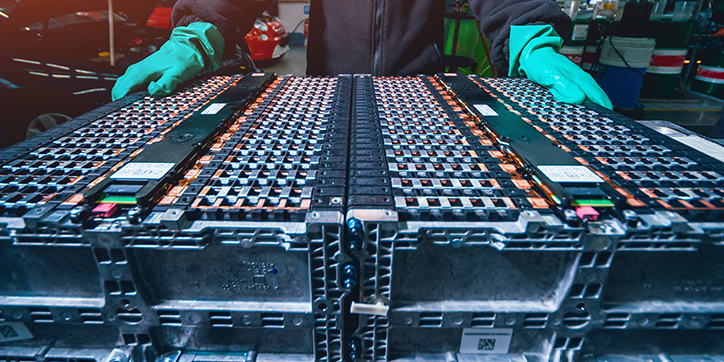
While there is a clear enthusiasm from a large proportion of the public for more environmentally friendly travel alternatives, sometimes only a car will do. The future of the four-wheeled phenomenon, which has been subject of much love and even obsession from the British public since the early 1900’s, is heading one way, and that’s electric. But not everyone is onboard with this energy development.
We’re all aware of the positives of electric vehicles (EVs), and looking at the grey fumes pluming out of the tailpipe of an old car, or hearing about the thousands of tragic deaths every year now associated with air pollution, it’s not hard to feel enthused about any ‘clean’ alternative. But even with EV sales rising sharply and an official date for the end of traditional vehicle manufacture less than ten years away, after surveying recent customers about their views, it seems there are a number of concerns that plague the popularity and progress of electric vehicles.
At CarTakeBack, our concern is recycling any vehicle that’s come to the end of its life, in a responsible way; ensuring that the environment is protected in that process. Doing that job well, which we do, means we are party to much more of the manufacturing process than you might imagine… so we thought we’d help keep you in the know about EV technology today and where we all go from here.
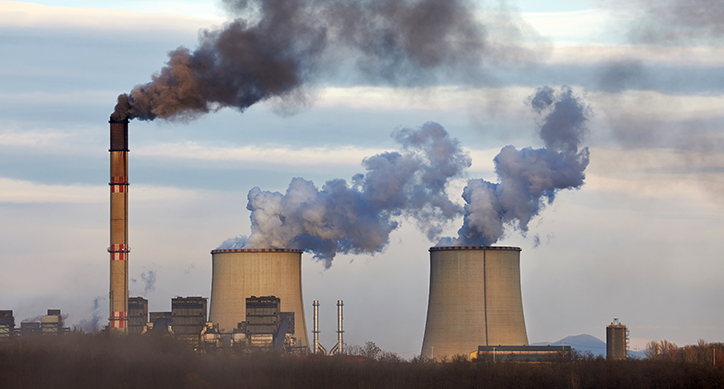
The energy used to manufacture and power an EV is not truly emissions free, yet. But here in Ireland, although we are far from fossil fuel free, the growth in sustainable energy is starting to make a significant impact with promises made to deliver renewable energy capacity at 70% by 2030. In short, charging an EV does not unquestionably lead to the generation of harmful emissions.
The point here is that choosing combustion-powered vehicles means ongoing fossil fuel use and unavoidable emissions. By choosing EVs we are supporting the switch to a zero carbon society and any progress towards that goal as it is made possible.
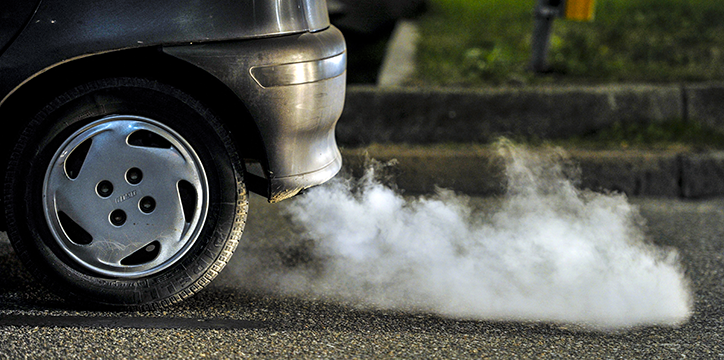
Research has shown that manufacturing EVs doesn’t necessarily use any more energy than manufacturing conventionally fuelled cars. Obviously making any new car takes energy, which at this moment in time, is not entirely emission-free.
Drivers will want to renew their cars at some point regardless, and keeping an older, polluting car on the road is more harmful to the environment, especially as higher mileage vehicles become less efficient with use. Put simply, replacing an older polluting car with an EV removes the tailpipe emissions from the environment – especially if that older car is scrapped.
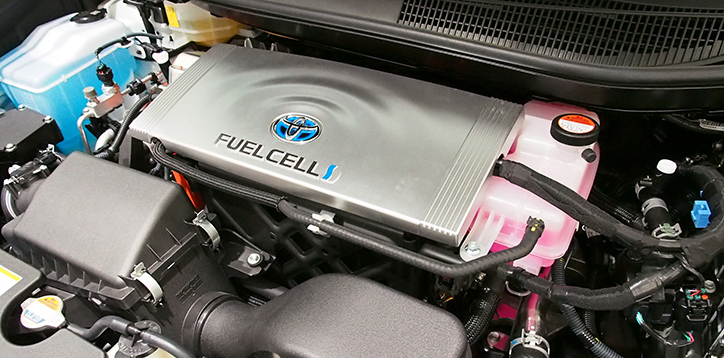
Whilst some manufacturers are investing vast sums in developing long-range Hydrogen Fuel Cell vehicles, this technology just isn’t close to being a mass-produced alternative to EVs. Hydrogen fuel is complex, expensive and reliant on high levels of energy to harvest and process it.
In Ireland we’re at least 20 years away from being able to manufacture ‘green’ hydrogen i.e. where the process to create hydrogen is powered solely from renewable sources, and where the carbon by-product of its production is captured rather than released into the atmosphere. (‘Blue’ hydrogen is an interim option, but this process generates significant greenhouse gas emissions.)
The practical issues relating to hydrogen:
The issues of cost and charging are still huge practical barriers for many of you, but they’re topics for another blog! For today, we hope we’ve tackled the EV technology myths that may have troubled you.
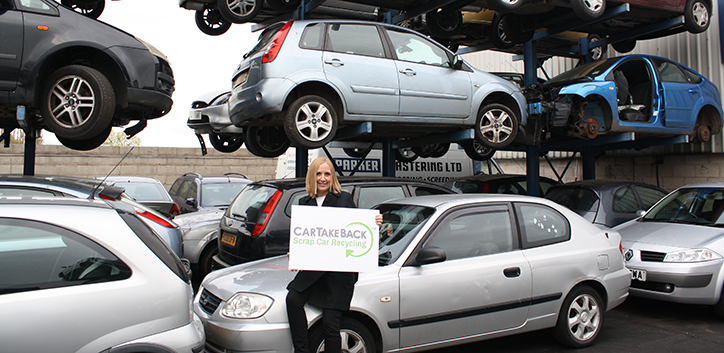
We’re due to see some of the industry’s biggest developments in the next decade as we move towards the mass manufacture of alternative-fuel cars.
Here at CarTakeBack, we’re already several years into the work related to EV end-of-life and we continue to invest in training our vehicle recycling partners in how to safely handle EVs and hybrids. This means, today, we can provide a safe and effective EV recycling service to Ireland.




